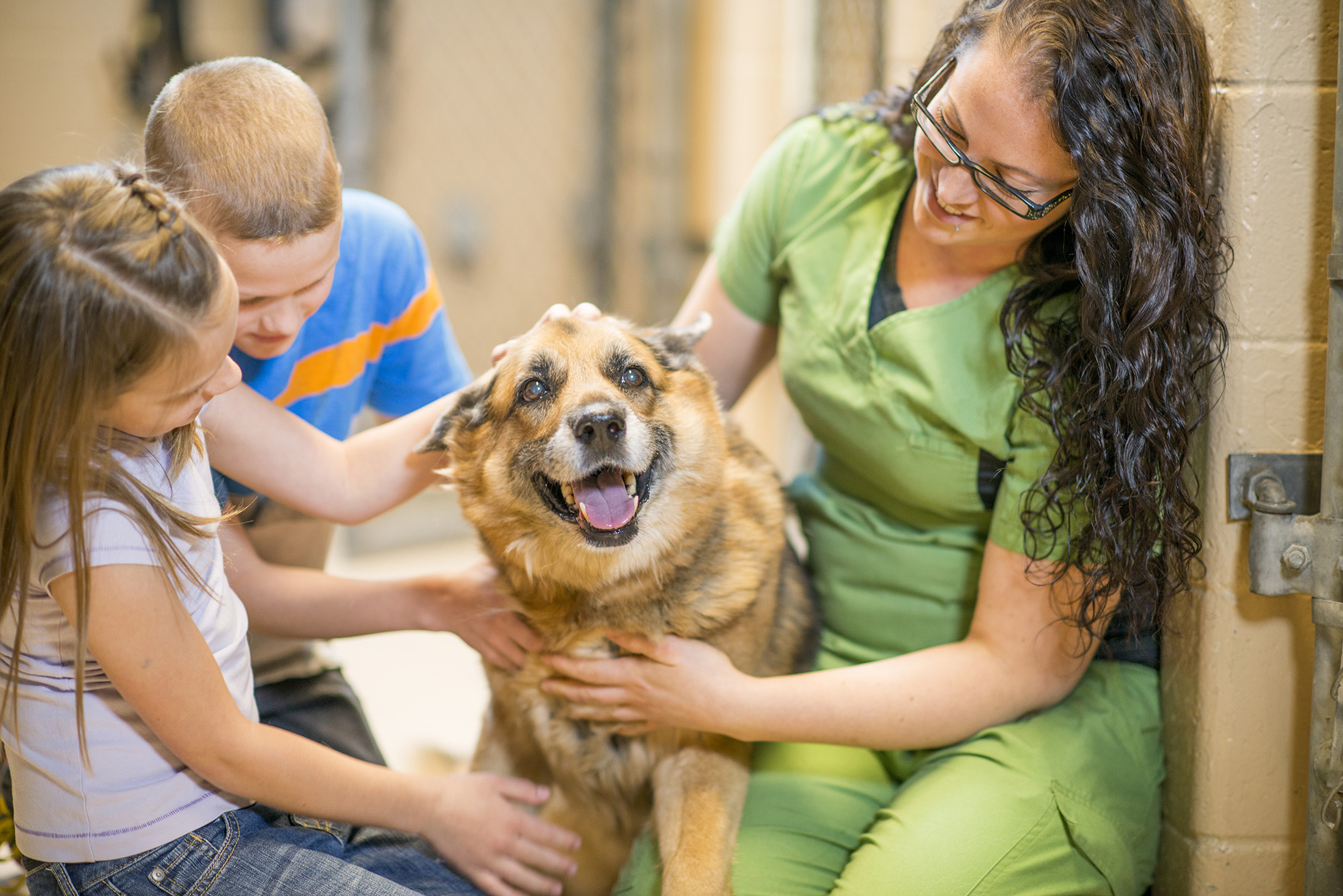Pet lovers, beware. Sometimes local pet shops don’t take great care of their animals and may not be the most ethical option.
Buying animals from a local pet store can cause a risk to the animal, its family and other furry friends that are already in the home. Pet stores have a high inbreed rate that can cause distress and harm to the pet and emotional trauma for the owners later on. An unexpected pet death tends to shock and cause grief to the owner.
I, myself, have bought from a local pet store and later found respiratory problems in my animal, who had seemed fine for the most part. It was not old age; it was too soon for the animal to die, so I looked into the living conditions of the place and found them to be unfit for any creature. Too many animals in one cage and no markings to tell relatives apart. They did not check for mites as they should, as mites left the store with me and onto my other beloved animals at home. The cleaning process may happen daily and properly for their part; however, the conditions allow for inbreeding, diseases and mites to spread easily.
For those who love odd critters such as rats, they are considered an exotic animal and treating them and other uncommon pets can cost over $200 a visit to a vet around Hurricane, Cedar City and St. George.
You also may not be paying for a quality pet for the right price. Pet stores jack up their prices for a puppy that may be sick or have other odd problems due to inbreeding or bad living conditions. Most pet stores will sell “purebred” animals that are actually not and may come from a puppy mill. So, who can you trust?
Sometimes breeders are a good option for ease of mind for pure-breed certainty; however, they are just as or more expensive than a pet shop and are seasonal, so they are not as convenient. Breeders also tend to not be local for a specific breed, so travel and cost of travel can be tacked on to the price of the animal.
Adopting from a shelter or sanctuary is the best option for obtaining a pet ethically. It fights puppy mills, saves a life from a kill shelter, and makes non-kill shelters less crowded. You also get a very unique pet who may have story that connects with you, making the adoption all that more gratifying. Not to mention, they cost less than both breeders and pet stores.
Don’t always count out your local pet stores though; they aren’t all evil. Some separate male from female, making inbreeding impossible. so do your research on each one before you decide. When you buy ethically, it feels better, and emotional trauma and pet suffering is avoided.




